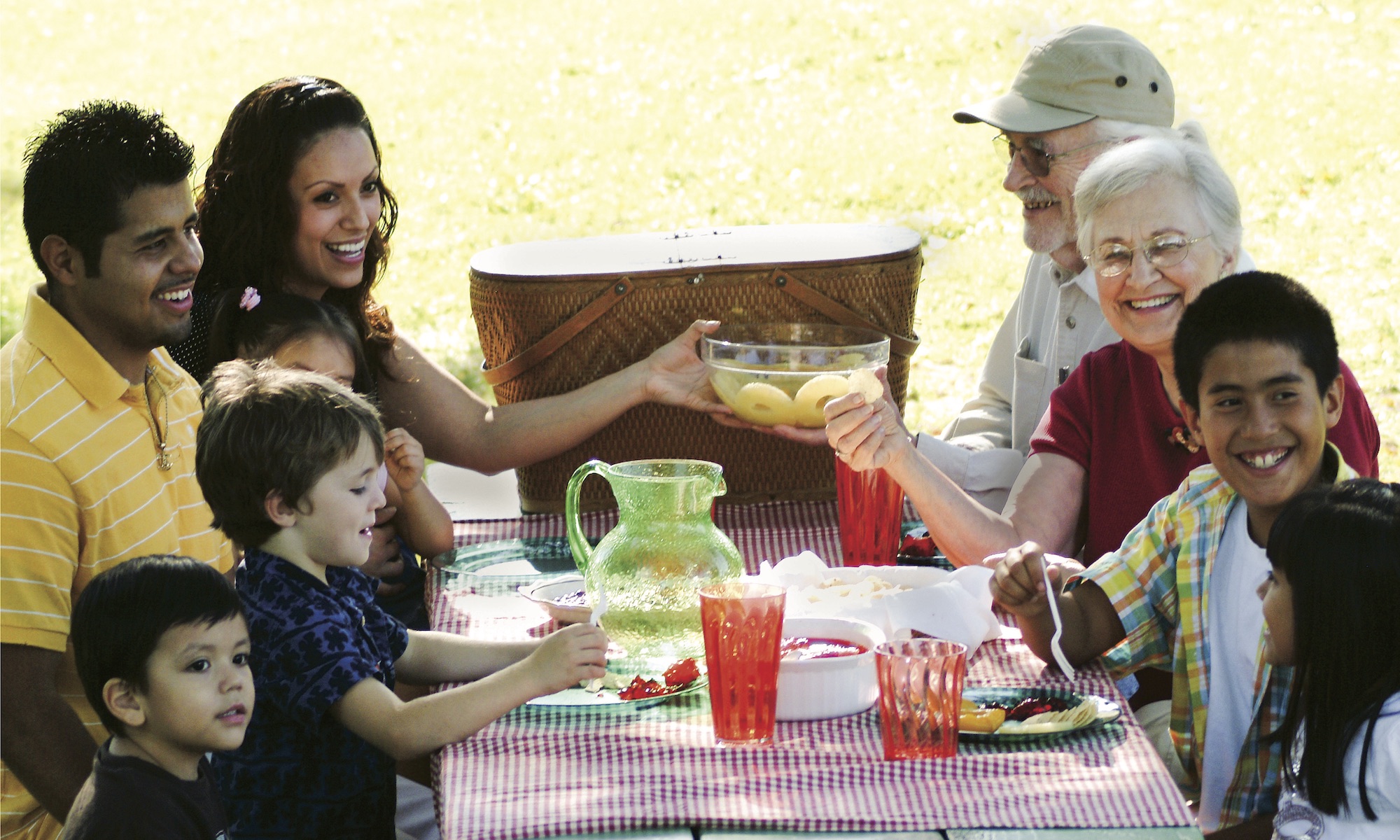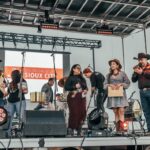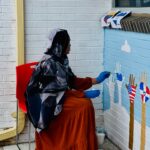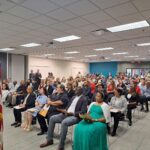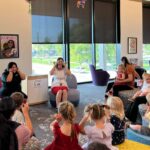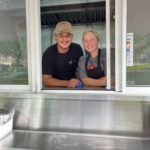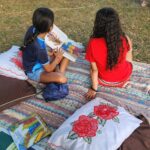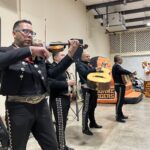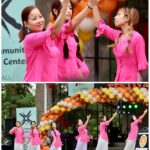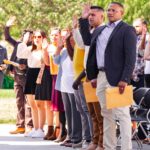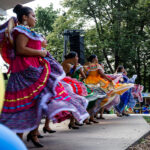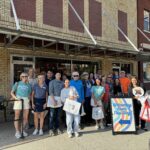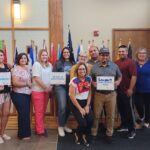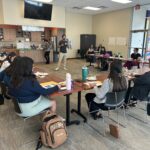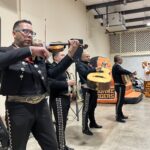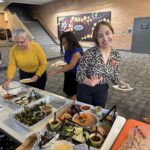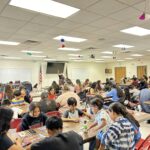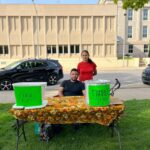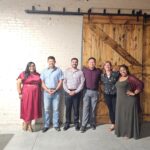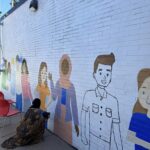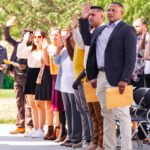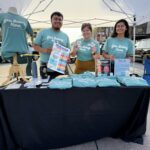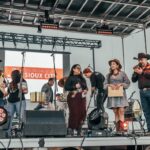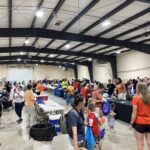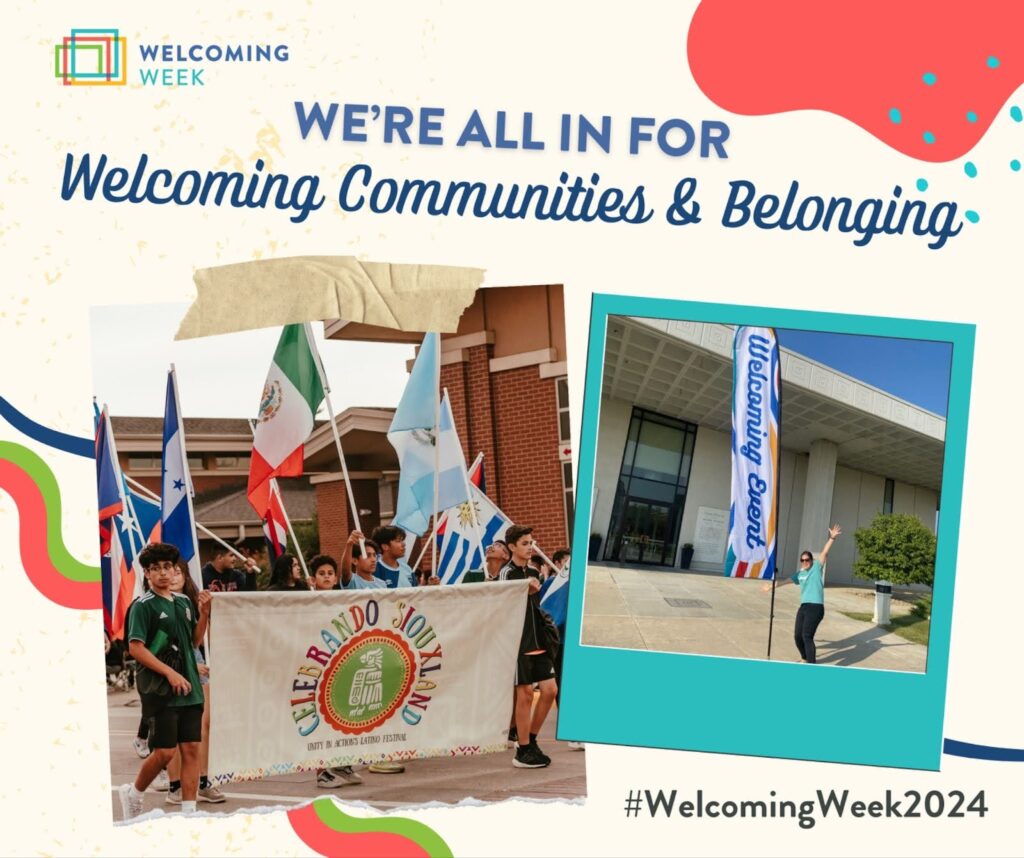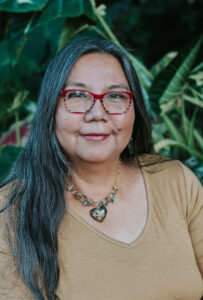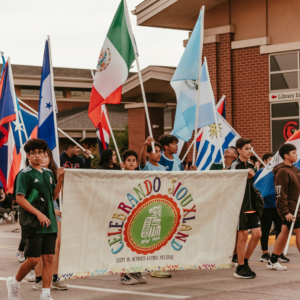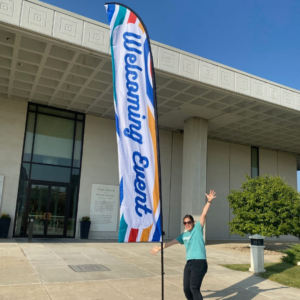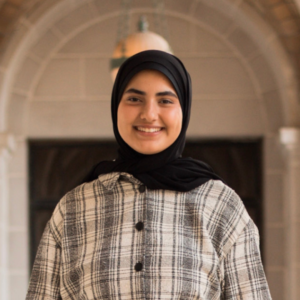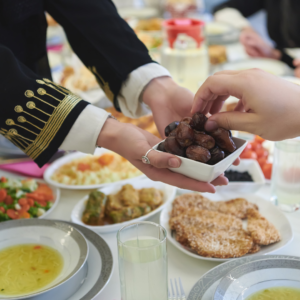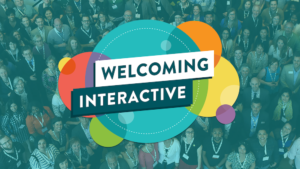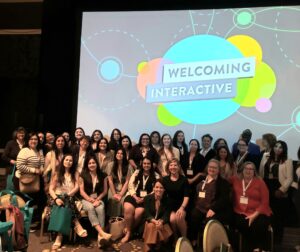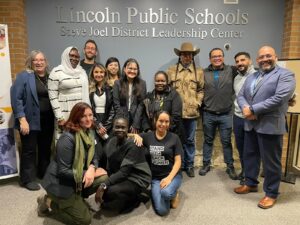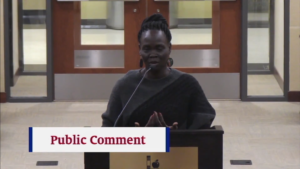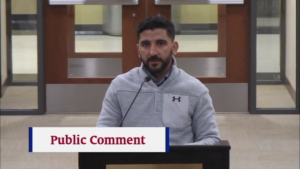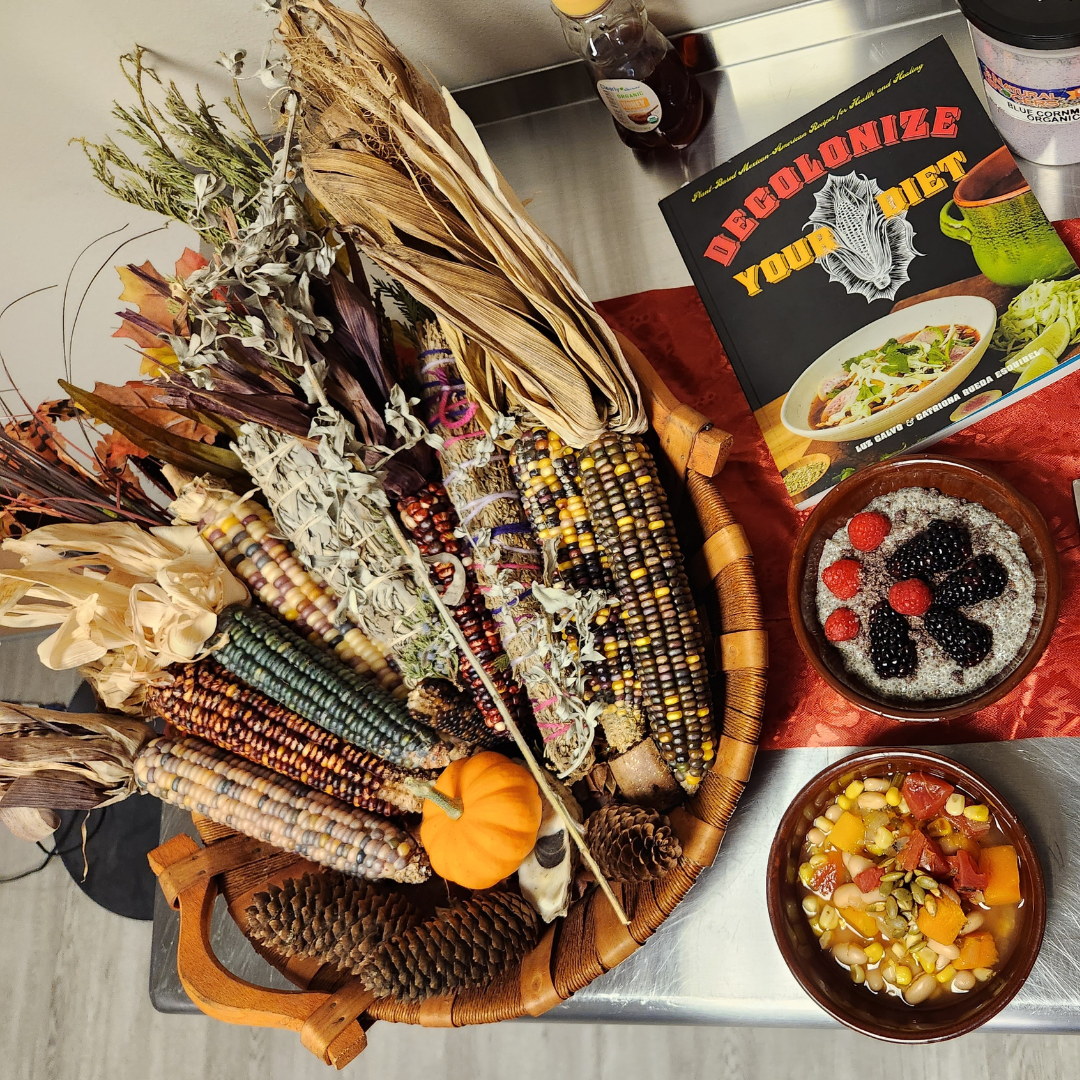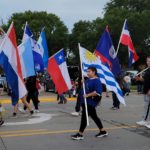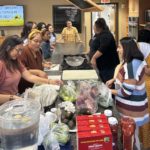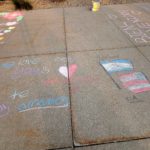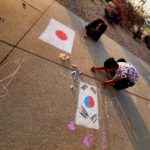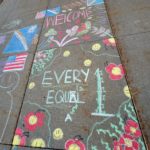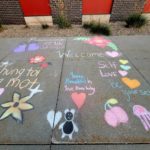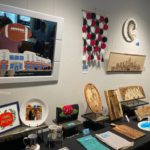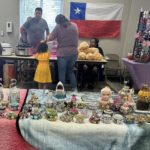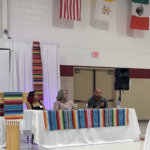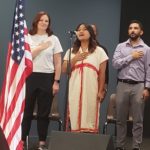Welcoming Week 2024 has been a beautiful celebration of Nebraska’s cultural richness, inclusion, and building bridges through connected communities – with a few more events still to come! This year, creative Welcomers across Nebraska hosted over 70 events in more than 9 communities across the state from Scottsbluff and North Platte to Crete and South Sioux City. Events included local business tours, community celebrations, cultural festivals and performances, main street parades, learning events and conversations, citizenship ceremonies, multilingual storytelling, and neighbors coming together to share space in art, music and food, all to ensure everyone in our community can feel a sense of belonging!
Check-out these photos of a few more of the #WelcomingWeek2024 events that have happened across Nebraska:
Celebrando Siouxland with Unity in Action and many local partners!
Mural Painting with Literacy Council of Grand Island & Naturalization Ceremony with Grand Island Welcoming Initiative
Columbus Welcome Wagons & Heritage Festival with Centro Hispano, Columbus Public Libraries, and other local Columbus partners!
Celebrate Crete with Doane University and Crete in Motion!
Harvest Moon Festival and Lincoln Unites with Lincoln Welcoming Week!
Check out more photos from partners across the state:
Beyond Welcoming Week events to come!
Establishing a welcoming culture in any community requires ongoing, consistent work to foster equity and inclusion. In many ways, Welcoming Week provides an opportunity for us to cultivate the awareness and energy that’s needed to sustain those year-long welcoming efforts.
There are still a few more events to catch! And then Nebraska communities’ local inclusion and belonging work continues! Take a moment to reflect on your Welcoming Week and the opportunities to build upon it – whether inviting someone new you met to another community event, continuing your personal learning, expanding community learning, or maybe just regrouping with other Welcomers to say “What’s next?”
Thank you to all for celebrating Welcoming Week 2024 and for being an integral part of what makes Nebraska home for so many! Please reach out to us to support additional welcoming and belonging efforts throughout the year.
